VIDEO: Plaistow farm owner defends energy plant development
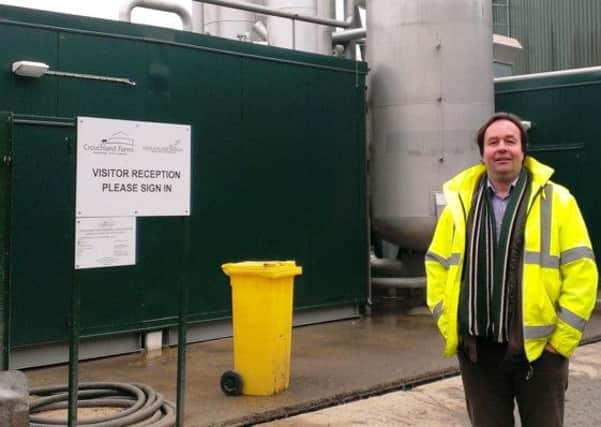

Leon Mekitarian is the managing director of Crouchland Farm in Plaistow, which has long been using farm waste to produce renewable biogas. However, the farm hit the headlines last year when West Sussex County Council and Chichester District Council served an enforcement notice, forcing the farm to submit a planning application for its operations. Leon maintains Crouchlands is acting in accordance with the law.
“From our perspective, nothing’s changed. We have been operating on our planning permission since 2009,” he said.
Advertisement
Hide AdAdvertisement
Hide Ad“We are very proud of what we do here as a renewable energy plant.
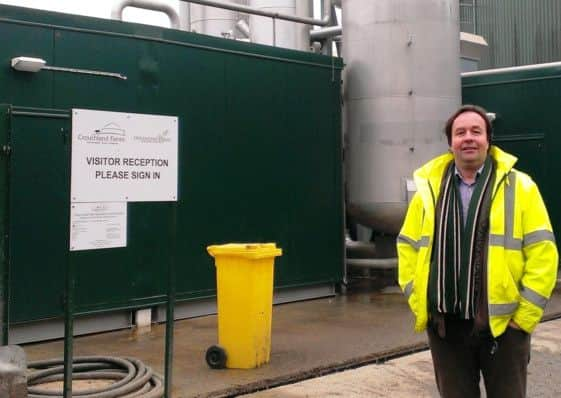

“We import farm waste from other growers and producers but we have always done that and are not prevented from doing so.
“We recognise people’s concerns –we live here too and are embedded in the community.”
‘Protecting the future’ of dairy farming
He says Crouchlands is ‘weathering the storm of low milk prices’ while bleak national statistics showing dairy farming is ‘in crisis’.
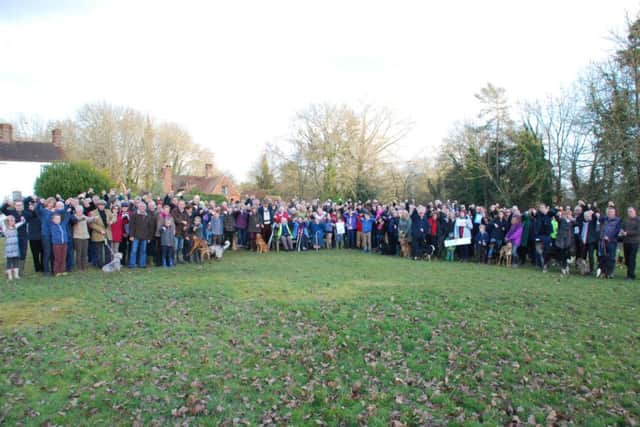

Advertisement
Hide AdAdvertisement
Hide Ad“Dairy farming is in crisis, with farms right across the country leaving milk production daily,” he said.
“We are committed dairy farmers, love our cows and want to stay in milk production. So we’re doing what we can to protect the future of our dairy farm.
“Every single biogas plant in the country gets objections and we are no exception. We have taken in the concerns that have been raised – such as no operations on Sundays or late at night. We produce enough electricity to power homes across the parishes of Plaistow and Ifold, Kirdford, Loxwood, Northchapel, Ebernoe, Tillington and Lurgashall.
“There has been a farm on this site for over 250 years, over that time the community has changed significantly, but this farm has continued to be a working farm, at the heart of the community.
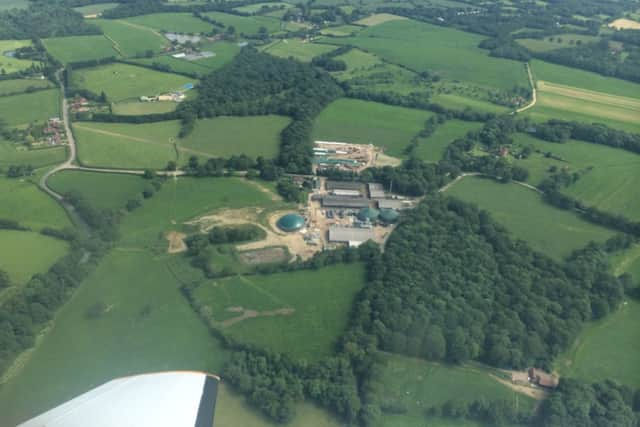

Advertisement
Hide AdAdvertisement
Hide Ad“We’d like to continue to be here for many more generations to come, continuing to provide local amenities like the village shop, the children’s play area and football court.
“To secure our future we’ve had to diversify – that’s what this application is about.”
Opposition from residents
Campaigners meanwhile have felt an increase in lorry movements was one of the key arguments to oppose Crouchlands’ application.
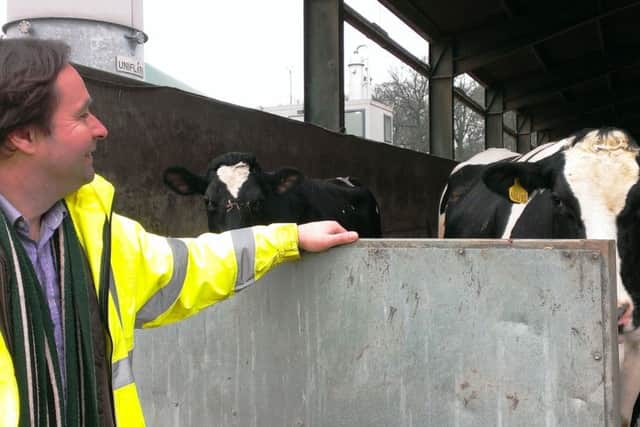

But the farm has tried to address the issue.
“The highways experts have looked at the local roads and our farm and have decided they can support the traffic we need to operate,” said Leon.
Advertisement
Hide AdAdvertisement
Hide Ad“Our application will ensure vehicle movements to and from the farm are controlled, it will limit the amount of traffic on the roads that we, and the community, want to minimise. We have recognised the HGVs we use are of local concern so we have mitigated their impact in this application with mandatory speed controls and legal routing arrangements and local road improvements.
“HGVs are driven with care by our own employees, who also live locally, and carry 50 per cent more payload than the tractor trailer alternatives, reducing the number of vehicle movements significantly. Our trucks are installed with CCTV and GPS tracking devices, the information from which we will make available to the community so that they can see where HGVs are, and where they are not.
“Our HGV vehicles do not travel through Plaistow and we expect in peak months for vehicle traffic to be reduced by a half.”
There has been a long-running dispute between residents and the farm about planning permission.
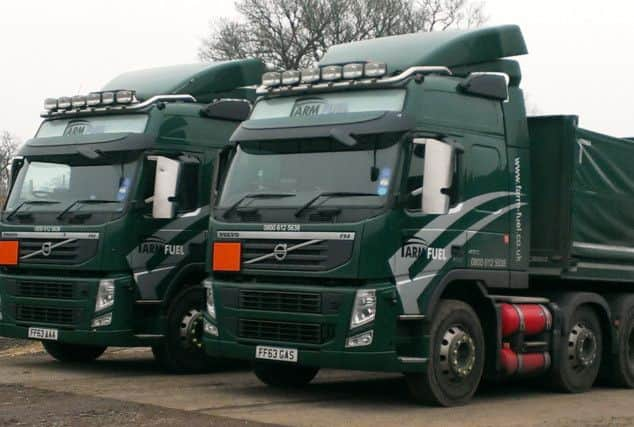

Advertisement
Hide AdAdvertisement
Hide AdVillagers even sought legal advice in their fight against Crouchland.
Legal challenge
Sara Burrell, chairman of Plaistow and Ifold Parish Council, echoed the concerns of members of the public when she raised the issue of appropriate planning permission for the farm’s activities.
“It is disappointing that local parish councils have had to seek legal advice to prove Crouchland Biogas did not have permission to import waste to feed their AD unit,” she said.
“The legal opinion clearly supports the planning decisions made by Chichester District Council (CDC) for a unit for processing on-farm waste ancillary to the dairy farm.
Advertisement
Hide AdAdvertisement
Hide Ad“In fact, Diane Shepherd, CDC chief executive, has written to residents confirming Crouchland did not have unlimited permissions for imports. This worryingly looks like West Sussex County Council (WSCC) overruling CDC which surely can’t be right.
“The surrounding parish councils and residents just hope common sense prevails, and that WSCC don’t undermine the sound planning decisions already made by CDC. The legal advice is clear, WSCC now have the legal evidence to revise their planning report and recommend rejecting this unauthorised and inappropriate industrialisation.”
Related story: Plaistow farm development on planning committee agenda